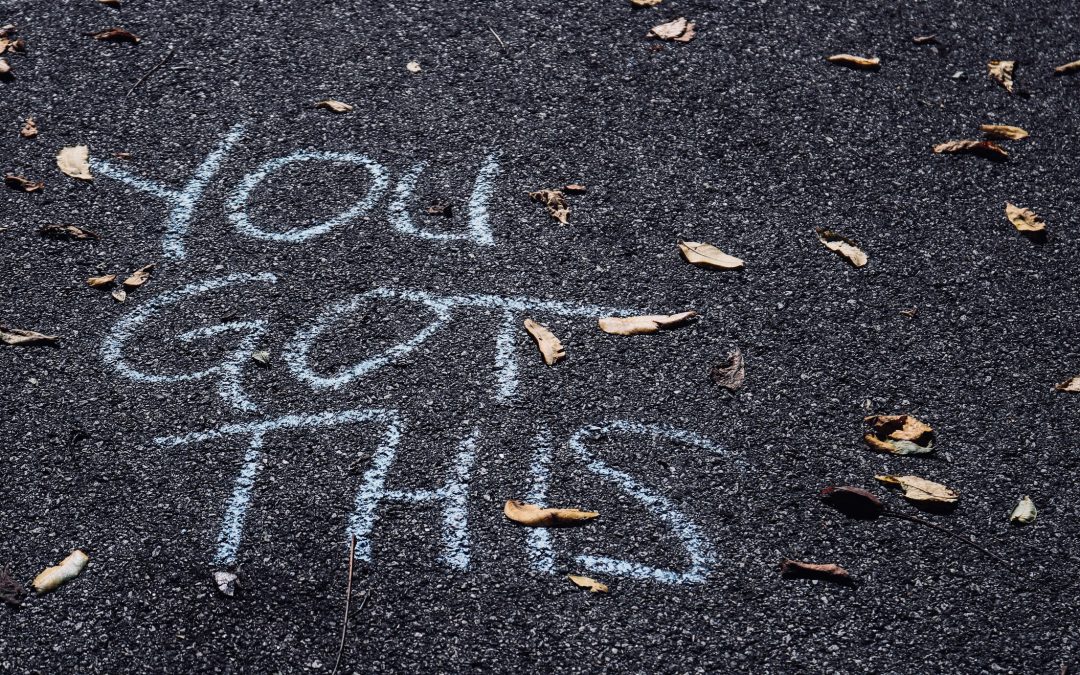Working long hours and burning the candle at both ends is symptomatic of a world that glorifies being busy. When you are a leader it is so important to model the kind of behaviour you want the people in your team to emulate. There is strength in saying no and answers to be found when you turn inwards and decide to be still and trust your intuition. Burnout is used to describe a set of symptoms such as anxiety, stress, fatigue and psychological stress. You may feel a burnout when you are overworked. Symptoms include difficulty on focusing and ill health. The long-term consequences of doing too much can damage your work, career, and relationships as well.
Often, most of us address our stress at work by getting into a routine that is not conducive to productivity. Staying up late and watching Netflix or going to a bar after work and letting off steam with a drink or two. Being able to stay emotionally and physically resilient is crucial. So, it is very important to prioritise our mental health and build our resilience. All too often I work with clients who have already burnt out because they didn’t have strong foundations in place to help sustain them during stressful periods at work.
Here are seven ways to build resilience, feel good, and avoid burnout at work.
1. Play Relaxing Music. Create a playlist of relaxing music. Listening to music has been shown to have a really positive effect on stress levels. You can play these songs while commuting or during your lunch break at work.
2. Schedule a 5-minute Breather. Research shows that the optimal human limit to extremely focus on any given work is 90 minutes. Working without taking any breaks doesn’t allow you to be efficient or work at your optimum level. Taking a five-minute breather during your workday can make all the difference.
3. Move throughout the Day. Exercise can be extraordinarily helpful to manage stress at work. Keep moving by taking walking meetings, use the staircases instead of elevators, and take calls while walking. Incorporate a short five-minute movement practice, like yoga or a simple stretching routine to your morning or evening routine. You will feel the difference immediately.
4. Write it down. Keeping a journal can be a stress-relieving practice as you can write everything that is on your mind and how you are feeling down on paper. It immediately calms a busy brain that has too much information in it. If you have too many tabs open you can’t concentrate on anything or be productive at all. Writing down your thoughts helps you to reduce your heart rate and alleviate the stress you feel at work.
5. Sleep is sacred. Getting enough shut-eye is fundamental to your wellbeing. If you are sleep-deprived you are much more likely to respond to negative stimuli more quickly than someone who has had their full seven or eight hours a night. Create a bedtime routine that works for you. Stop looking at your phone or laptop an hour before bed and trust you will be more productive sleeping more!
6. Start saying No. Practice learning to say no gracefully. Maybe you have been asked to take on a charity project but know deep down you just don’t have the time to help? Or perhaps you have been asked to work on an extra project at work? Try creating a To-Don’t list – things that you absolutely won’t do! Ted speaker and podcast host Adam Grant talks about this in this article. What could you cross off your to-do list forever?
7. Talk It Out. Talking to trustworthy people and loved ones such as your friends, family, a coach, support group, or anyone who listens to you without judgment is beneficial for dealing with stress and building resilience.
It is useful to check in with yourself weekly or monthly and look at the changes you have made to see what has had a positive impact on how you feel. Admitting you need some support is often the first step to dealing with burnout. Working with a coach can get you clear on your next steps. If you need help, just email hello@jocowlin.com.
You can also download my guide ‘Burnt Out to Brilliance’, which has some more helpful tools to help you avoid burnout. You can download it here.


